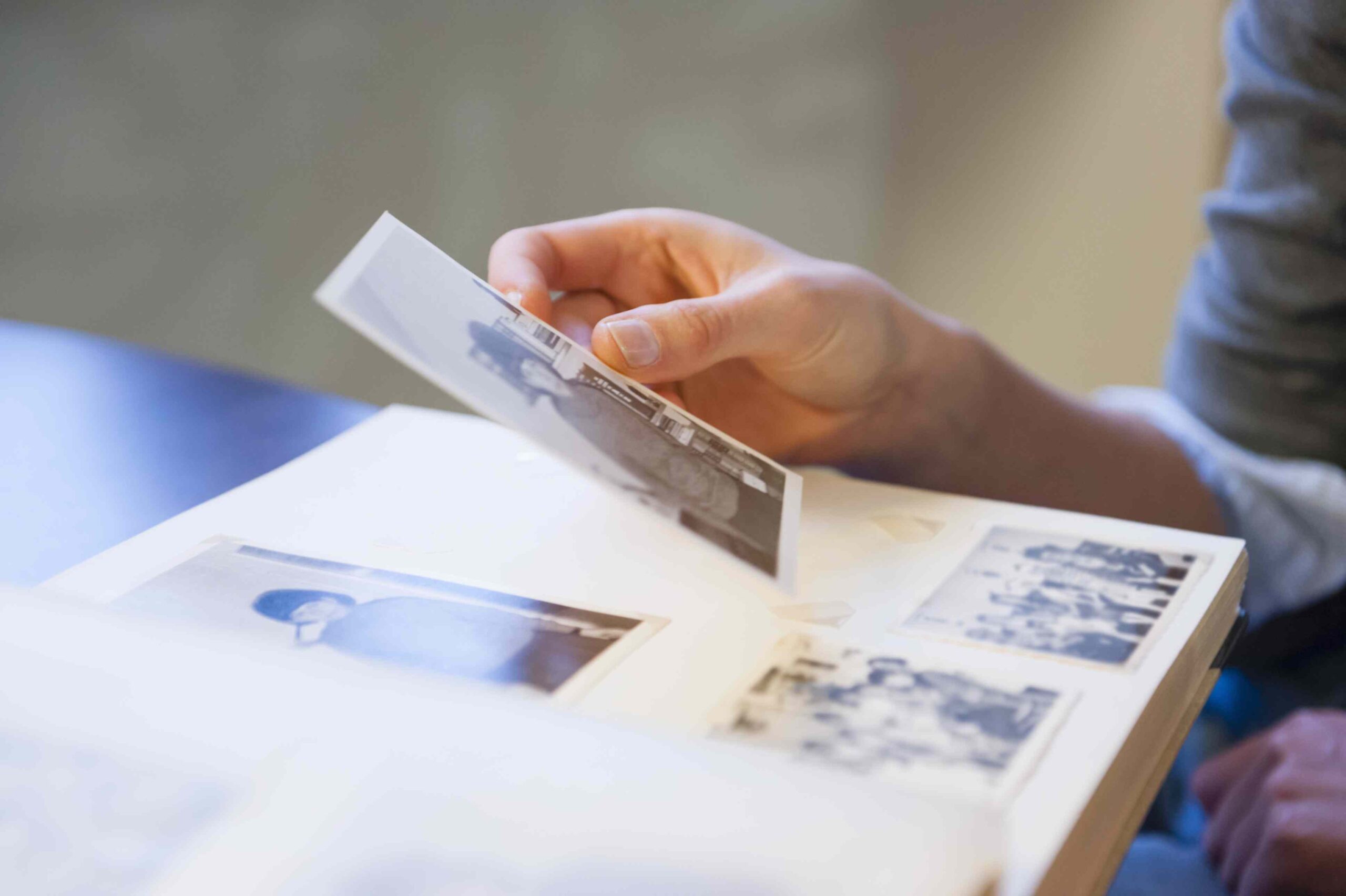
Autobiographical Memory: The Importance of Personal Memories
Table of Contents
The rich collection of personal events and experiences that shape our life story is created by autobiographical memory. This kind of memory lets us remember particular specifics about our history, including everyday events, major accomplishments, and early memories. Managing or modifying this data that is finally stored in autobiographical storage depends critically on working memory. Moreover, through the cooperation of the hippocampal, prefrontal cortex, and other associated areas, the brain can encode personal details efficiently.
Without an autobiographical encoding mechanism, humans would not have continuity in their sense of self. Creating an identity or growing from previous events would make it challenging. For example, forgetting the first job might make it difficult to appreciate professional development or follow a career path. Fortunately, there are the best brain training apps that stimulate brain regions responsible for encoding personal data. One can try training to shape memory palaces or create associations.
As for a real-life illustration of this encoding, a solo journey overseas when one acquired language and cultural awareness is a great example. A feeling of adventure is enhanced by this recollection. More significantly, it helps to build confidence in overcoming new challenges.

Autobiographical Memory: Function
In our lives, autobiographical memory is important for numerous purposes. First of all, building our own identity is quite vital. Previous events help us to create a continuous story that defines our personality and aids in comprehending who we are and how we have changed.
Second, wise judgments depend on personal memory. Our prior events serve as a knowledge bank that directs our decisions and keeps us from making the same errors again.
Thirdly, social contacts depend on this kind of memory. Through personal tales and experiences, we build relationships and empathy, enabling our closer connection with others. This social component supports our well-being by helping us to preserve and create new connections.
Potential Causes of Loss of Autobiographical Memory
Medical procedures, psychological stress, and neurological disorders are just a few of the many things that could cause autobiographical memory loss. Common reasons include dementia because it progressively reduces the capacity of the brain to retain and access personal memories. Traumatic brain injuries may also disturb the neuronal circuits, therefore producing notable gaps in personal recall. Structured activities and exercises meant to boost memory capacity and activate other encoding mechanisms like eidetic memory or divergent thinking may help restore autobiographical memory.
FAQ
Which is the best example of an autobiographical memory?
Remembering the day you graduated from college—including the ceremony—along with your emotions and the individuals there is a great example.
How rare is autobiographical memory?
Most people have this capacity to memorize personal data with details, however, some individuals possess stronger encoding.
What are the three levels of autobiographical memory?
The three levels are lifespan periods, broad events, and event-specific knowledge.
What are the features of autobiographical memory?
Features include emotional relevance, great detail, and a feeling of personal continuity over time.